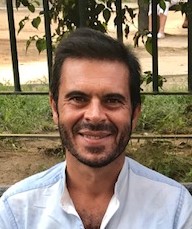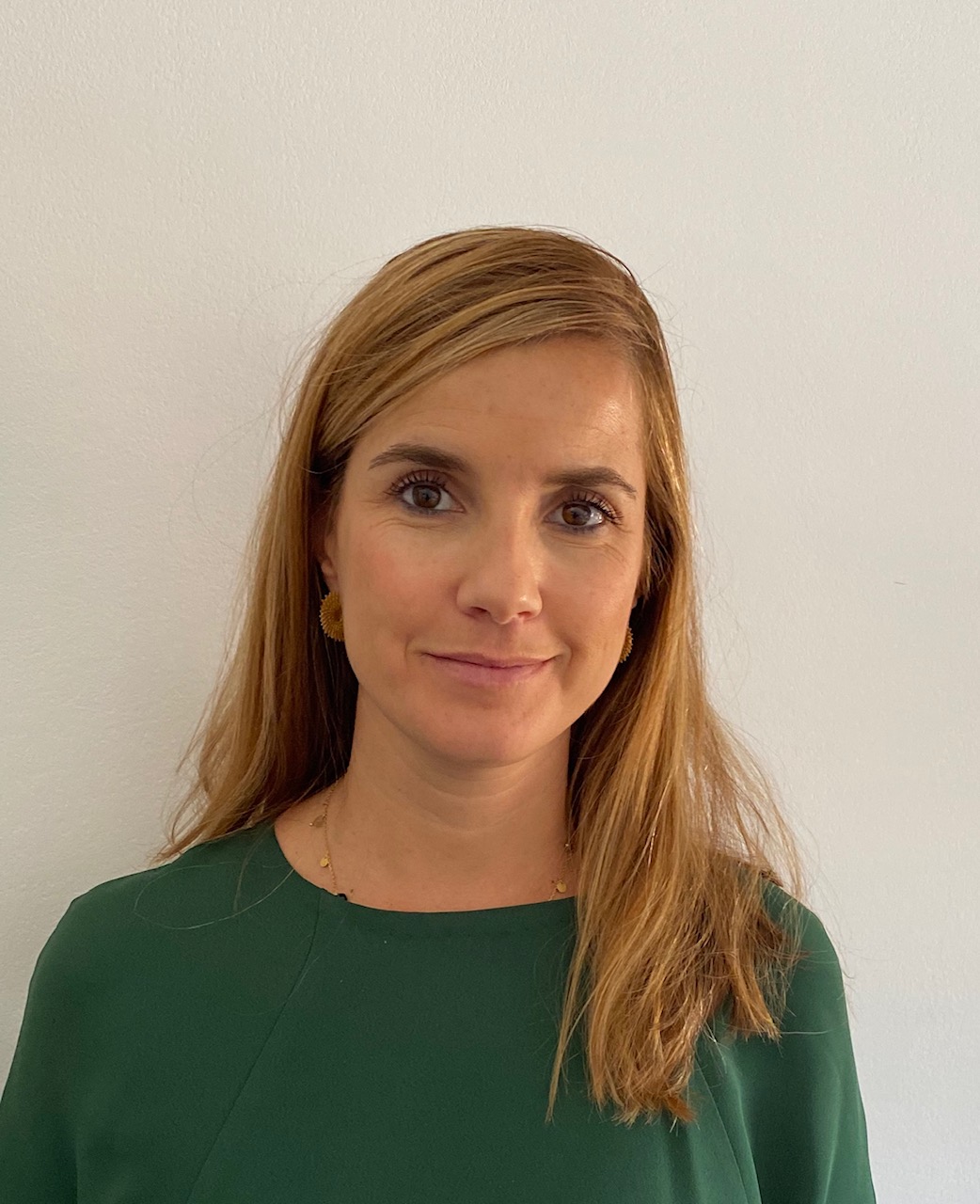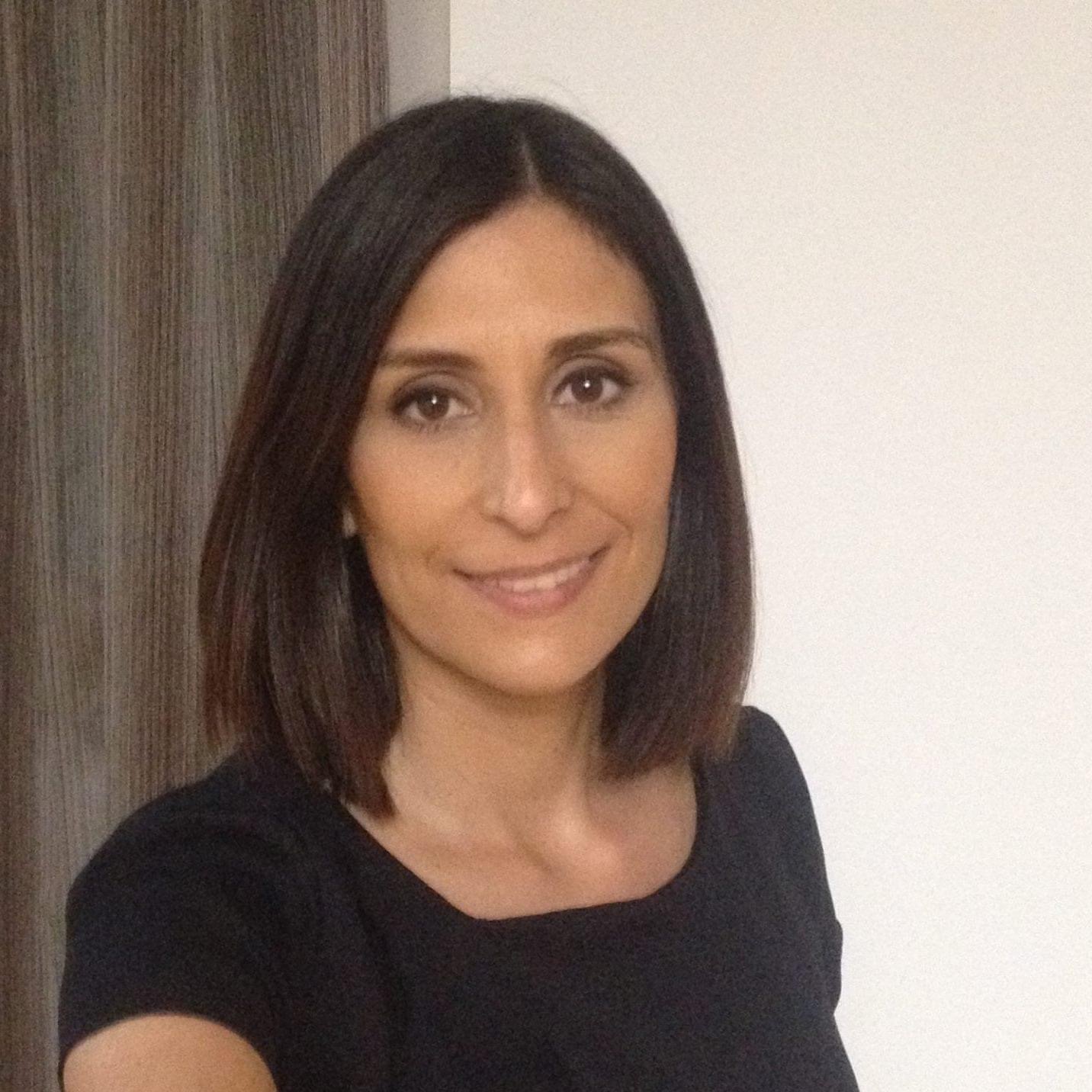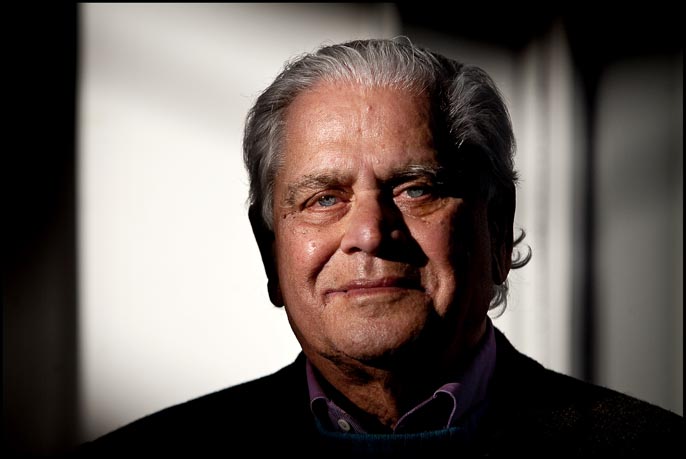Instituto do Oriente
Taiwan's Overseas Opposition Movement and Grassroots Diplomacy in the United States: the case of the Formosan Association for Public Affairs
Contact information
Executive Office
Diogo Cardoso
Editorial Office
Patrícia Tomás
E-mail: This email address is being protected from spambots. You need JavaScript enabled to view it.
Tel: (+351) 213 600 487
Office 4 | Floor 0 | Bloco Tejo
Institute of Social and Political Sciences
Rua Almerindo Lessa - 1300-663 Lisbon
Portugal
Governing Bodies
President
Professor Nuno Canas Mendes
Governing Board
The main duties of the Board of Governors are to draft annual and multi-annual plans and reports, draw up the annual budget and annual financial implementation report and decide on proposals submitted to it by scientific coordinators.
| President: Professor Nuno Canas Mendes |
Vice-president: Professor Andrea Valente |
Vice-president: Professor Teresa Almeida e Silva | Member: Professor Irene Rodrigues |
 |
 |
 |
 |
Scientific Advisory Committee
The Scientific Advisory Committee consists of the President of Orient Institute, who chairs and coordinates it, and up to ten Portuguese and foreign specialists in the institute's activities fields , nationals and foreigners, external to the University of Lisbon. This committee is responsible to analyze the functioning and issue an opinion on the plan of activities, the budget and the annual rreport of activities of the Orient Institute.
Members
Dr Jorge Rangel
Gen. Vasco Rocha Vieira
Dr José Esteves Pereira
Dr Ming Chan
Dr Sunil Khilnani
Dr Chris Alden
Scientific Council
The Scientific Council comprises the President of Orient Institute, who chairs it, and all tenured PhDs. The main duties of the Scientific Council are to accept tenured members or associates, approve annual and multi-annual plans and reports, approve the annual budget and annual financial implementation report and assign R&D activities to research groups in accordance with the goals of Orient Institute.
About us
Orient Institute
Founded in 1989, the Instituto do Oriente /Orient Institute (IO) is dedicated to research, advanced training, and scientific dissemination in the area of Asian Studies. Marking a unique space in the Portuguese academic panorama, the IO has privileged the International Relations, Anthropology, or Political Science of a reality with a colossal geographic dimension between Turkey and Japan.
Accredited by the FCT and classified as “Good”, the IO has followed a path of affirmation as a Center for Area Studies, seeking to sensitize students, researchers, and society to Asia's growing importance on a global level.
Research Groups
Currently, the activities take place within the scope of three research groups, which follow a multidisciplinary approach as a result of the diversity of training of internationally recognized researchers in the following geographic areas:
- Middle East and Central Asia;
- East Asia;
- Southeast Asia and South Asia.
Activities
Investing in the quality and focus of research, IO participates in several international networks, organizes several scientific events, and has developed projects and partnerships with similar institutions. Also noteworthy is the publication of the journal Daxiyangguo - Portuguese Journal of Asian Studies, pioneer and unique in our country, now available online, in pursuit of an open access policy that will reinforce a greater national and international projection for IO.
Additionally, the IO hosts Master's dissertation projects, Doctoral and Post-Doctoral theses, organizes postgraduate courses, and develops an internship program to improve and deepen training in the center's specialty domain.
With the scientific and academic community, the IO presents itself as a center of reference in the area due to its constant search for innovation and modernization, asserting itself in public opinion, through online platforms (institutional website), in particular on social networks (Instagram, Facebook, Linkedin and Youtube).
Active Protocols (MoU’s) signed by the Center
Guanxi University (China)
International Institute of Macau (Macau/China)
City University of Macau (Macau/China)
Manohar Parrikar Institute for Defence Studies and Analyses (MP-IDSA) (India)
Fondation Méditerranéenne d'Études Stratégiques – FMES (France)
Macao Scientific and Cultural Center (Portugal)
President Message
 There is a foundational relation of the Institute of Political and Social Sciences (ISCSP – Universidade de Lisboa) with the interest for the Orient. Let us call Orient, to simplify, what in 1906 until the turning of the XX century were the territories under the Portuguese sovereignty in the Asian continent. In a certain way, this nexus have not lost itself with the closure of the cycle of the Portuguese empire and it did not stop being incorporated in the new directions that the ISCSP has taken after its reopening in the beginning of the 80´s.
There is a foundational relation of the Institute of Political and Social Sciences (ISCSP – Universidade de Lisboa) with the interest for the Orient. Let us call Orient, to simplify, what in 1906 until the turning of the XX century were the territories under the Portuguese sovereignty in the Asian continent. In a certain way, this nexus have not lost itself with the closure of the cycle of the Portuguese empire and it did not stop being incorporated in the new directions that the ISCSP has taken after its reopening in the beginning of the 80´s.
In this tendency delineated in the new ISCSP, included the creation of the Orient Institute (IO), having seen the light of the day in 1989, would come, by the hands of the Professor Narana Coissoró, to play an important role in the timid area of the Asian Studies, benefiting from the support of the Portuguese national funding agency for science, research and technology (FCT) for the development of projects of investigation connected to the matter of Macau and China, and subsequently to Timor, at the time that the legal and political statutes of those territories were under changing and it made sense to prospect them, involving local actors and institutions, as well as several specialists researchers of the subjects. In addition to these projects, IO has organized several high-level international conferences, inviting the most prestigious national and international names of Asian Studies. IO also marked the Portuguese editorial panorama of the area with the regular publication of Daxiyangguo, Portuguese Journal of Asian Studies and pioneered new areas such as state building. Indeed, in Portugal there are few Asian research entities, and this gap has been filled by IO, which, despite having faced less favourable circumstances, has ensured a continuity of Asian Studies in Portugal, where discretion and nonexistence almost confuse. In an excessively historicist way in studies of the Far East (from Japan to Insulindia, not to mention China and India), IO contrasted a multidisciplinarity that embraced the vocation of ISCSP, marrying Political Science with International Relations or Geopolitics, the Anthropology with the Economy.
Notwithstanding the patterns of continuity evident in the connection to Portuguese-speaking areas, the IO has opened up its spectrum, which is also geographical, but has always demonstrated the necessary flexibility to adapt to new needs and openness to recent trends that embody new directions and priorities. With this nature it is expected that it will continue in the future, in a compromise between tradition and the demands of the present, gathering the sensibility of its leaders and researchers to determine old and new agendas.
Orient Institute is aware of the trends and dynamics of Asian Studies and adopts new perspectives on old and new research problems. Research quality and focus, stiffer participation in networks, projects and international conferences, stiffer editorial activity and broader indexing of Daxiyangguo, alternative funding to the traditional channels, guaranteeing and diversifying their action, providing services to society and regular events are some of the ways forward to ensure that IO grows and continues to establish itself as a reference institution at the national and international levels.
Nuno Canas Mendes
President
Honorary President Message
 Today, academia, research and society are very closely interconnected. R&D units are therefore vital in balancing the particular needs of academia with those of civil society in their different areas.
Today, academia, research and society are very closely interconnected. R&D units are therefore vital in balancing the particular needs of academia with those of civil society in their different areas.
The main goal of Orient Institute (IO) is therefore to study the contemporary history and future prospects of Asia, focusing particularly on its main countries, China, India, Indonesia, South Korea and Japan and highlighting their bilateral relations with Portugal and the European Union. The IO thus seeks to contribute to the production of scientific and empirical knowledge, which is essential to the different players in civil society with an interest in fostering collaboration and cooperation with their counterparts in the East.
As President of Orient Institute, I would like to take the opportunity to welcome and thank all those visiting our website. I hope that the contents are able to serve as a good starting point for any personal or professional projects that you may be undertaking.
Narana Coissoró
Honorary President


